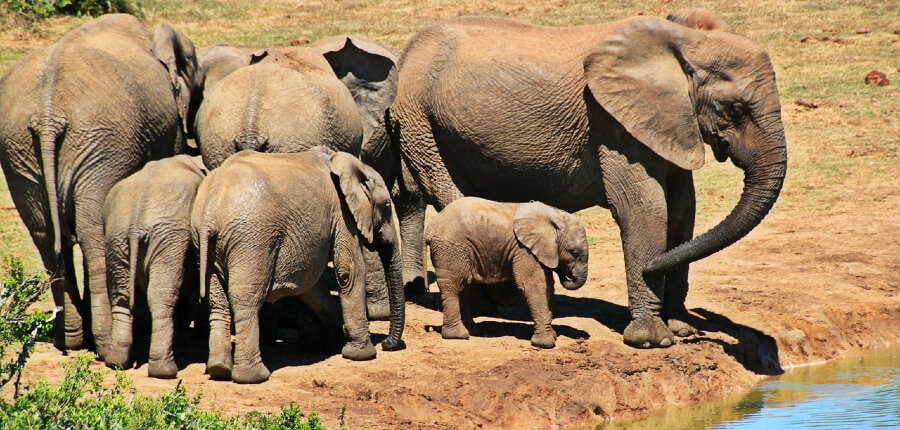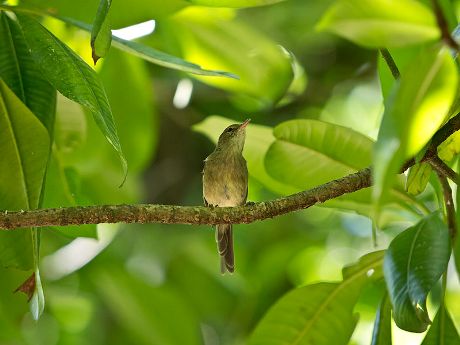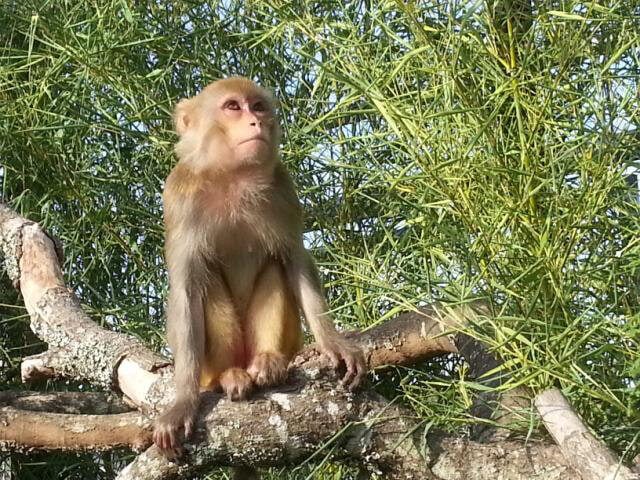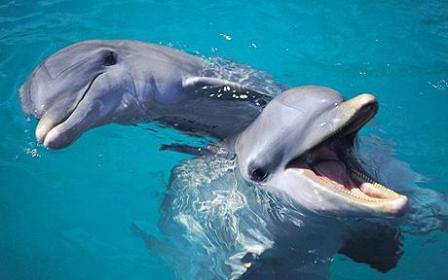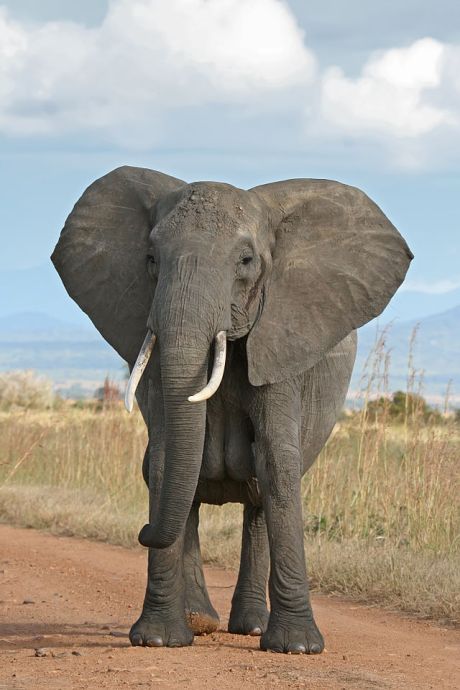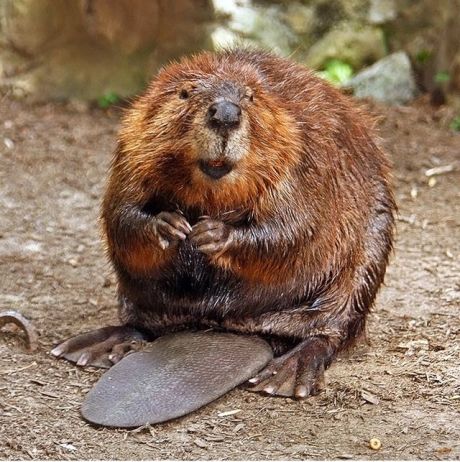It takes a village to raise a child. It also takes a flock to raise a nestling, a pod to raise a whale calf, and a troop to raise a monkey. Thank heavens for grandparents: They provide helping hands and sage advice and occasionally talk frazzled parents through what-do-I-do-now crises. For National Grandparents Day, we’re recognizing some of the animal grandmas and grandpas who make keeping kids happy and parents sane look like a breeze:
Seychelles warblers, native to the Seychelles islands in the Indian Ocean, were near extinction because of human interference before conservation efforts brought their population back up. However, there’s still only a limited amount of suitable territory on the islands for the birds to reproduce, so older females who’ve already raised their young typically stop breeding to allow their offspring to reproduce. Warbler grandmothers help incubate their daughters’ eggs and also feed and care for the nestling babies.
Macaque monkeys hold, carry, groom, feed, and care for their infant grandchildren—often for days at a time.
When a mother dolphin goes into labor, she often has a group of females—including her own mother—surrounding her to assist with the birth and help her learn how to care for the calf. Dolphin grandmothers also babysit, guard, and even breastfeed their grandchildren.
Pilot whale and orca grandmothers also babysit, protect, and breastfeed their grandchildren. Similar to humans, whales live for decades past their reproductive years, and scientists believe that this is because they’re so valuable in helping rear their offspring’s children.
Elephant calves are raised by matriarchal family groups, in which knowledge of migration routes, the best places to find food and water, and other life skills are passed down through the generations.
Beavers are extremely gentle family-oriented animals who mate for life and remain close with their offspring. Baby beavers, or “kits,” are usually born to hard-working and loving parents who’ve been together for many years. Female beavers are especially busy as they care for their young while looking after their rambunctious “teenagers,” and beaver grandparents often lend a helping paw.
Moms and dads, both human and animal, agree: We don’t know what we’d do without grandparents.

